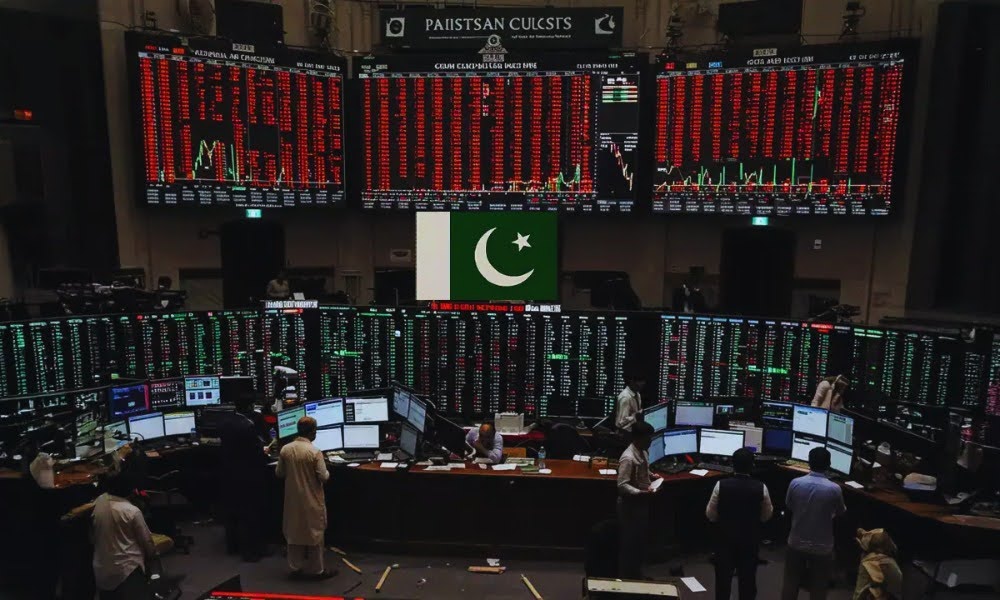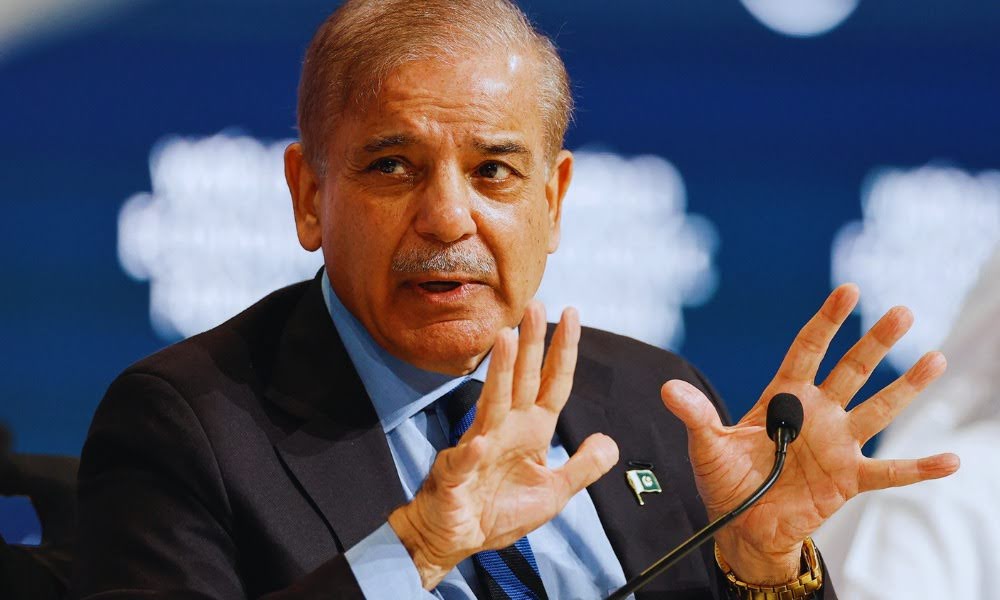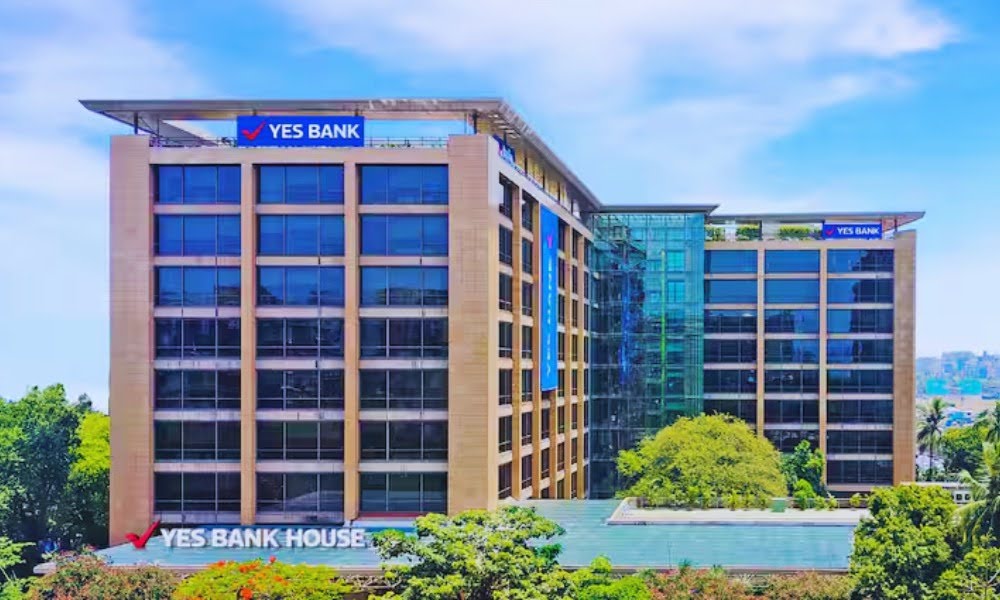Pakistan Stock Market Crashes Nearly 6% After India’s ‘Operation Sindoor’ Strikes on Terror Camps

The Pakistan stock market witnessed a severe downturn on Wednesday, May 7, as a direct reaction to India’s targeted strikes on nine terrorist hubs in Pakistan and Pakistan-occupied Kashmir under the military action codenamed ‘Operation Sindoor’.
KSE-100 Index Suffers Heavy Losses
The main index of the Pakistan Stock Exchange, the KSE-100, tumbled sharply by 6,272 points—an almost 6% drop—during early trading hours. It fell to 107,296.64 from the previous day’s close of 113,568.51.
The decline followed India’s confirmed overnight airstrikes, which were launched in retaliation to the recent deadly terrorist attack in Pahalgam.
The Indian military operation targeted specific terror infrastructure locations, marking a significant escalation in regional tensions.
Ongoing Slide in Pakistani Markets
Since the Pahalgam incident, Pakistan’s stock markets have been on a continuous decline.
From April 23 to May 5, the KSE-100 index saw a cumulative drop of 3.7%, as fears of a potential military escalation loomed over investors. This contrasts starkly with India’s domestic Sensex index, which registered a gain of about 1.5% during the same timeframe.
Indian Markets Display Resilience
Despite the heightened geopolitical strain, Indian markets remained largely unaffected in the broader picture.
On Wednesday morning, the BSE Sensex initially fell by 692 points to 79,948.80 from its previous close of 80,641.07. However, it quickly rebounded and added over 200 points to reach 80,845.
Volatility persisted, and by 10 AM, the Sensex was down by a modest 32 points, or 0.04%, at 80,609. The Nifty 50 index also recorded a minor decline of 19 points, or 0.08%, slipping to 24,361.
Historical Perspective on Market Reactions
“Geopolitical tensions like the ongoing Indo-Pak standoff under Operation Sindoor tend to cause immediate market volatility, as seen with the Nifty and Sensex dropping 0.6–0.8% recently.
However, markets have consistently rebounded in the long term. After the Kargil War, the Sensex surged 63% within a year. Post-Parliament Attack, it rose over 20% the following year. Following the Mumbai Attacks, it gained 60% within 12 months, and after Balakot, it climbed 15% by year-end.
While short-term caution is reasonable, history shows that Indian markets demonstrate strong resilience once clarity returns.
Unless accompanied by broader economic or global shocks, Indo-Pak tensions have not had a lasting negative impact. Investors should focus on fundamentals, not fear,” said Pankaj Singh, smallcase manager and Founder and Principle Researcher at SmartWealth.ai.
Foreign Investor Confidence in India
Despite the initial shock from the strikes, the Indian equity markets managed to regain footing. Analysts credited this recovery to the strong macroeconomic fundamentals and continued inflows from foreign institutional investors (FIIs).
FIIs have injected Rs 43,940 crore into Indian equities over the last 14 trading sessions, a move largely directed towards large-cap stocks.
This trend has been driven by India’s macroeconomic strength and concerns over sluggish growth in the US and China.
“What’s key here is that the operation was focused and non-escalatory,” noted Dr. VK Vijayakumar, Chief Investment Strategist at Geojit Financial Services. “Markets had already priced in a measured Indian response.”
Cautious Optimism Amid Global Uncertainty
Although Indian markets bounced back, analysts urged caution amid multiple risk factors. Rising global trade tensions and the US Federal Reserve’s policy decision, expected later in the day, could further influence investor sentiment.
“Nifty remains choppy with crucial support at 24,171,” said Prashanth Tapse of Mehta Equities. “We could see profit-taking near 24,500–24,550 unless clarity emerges on the global and geopolitical fronts.”
Broader Crisis of Confidence in Pakistan
The sharp correction in the KSE-100 not only reflects investor concerns over potential conflict but also a deepening crisis in confidence. Since the Pahalgam attack, the Pakistani market has lost 3.7%, in contrast to the 1.5% gain in Indian indices.
As Operation Sindoor unfolds, market watchers remain alert to further developments that could shape regional stability and financial flows.









